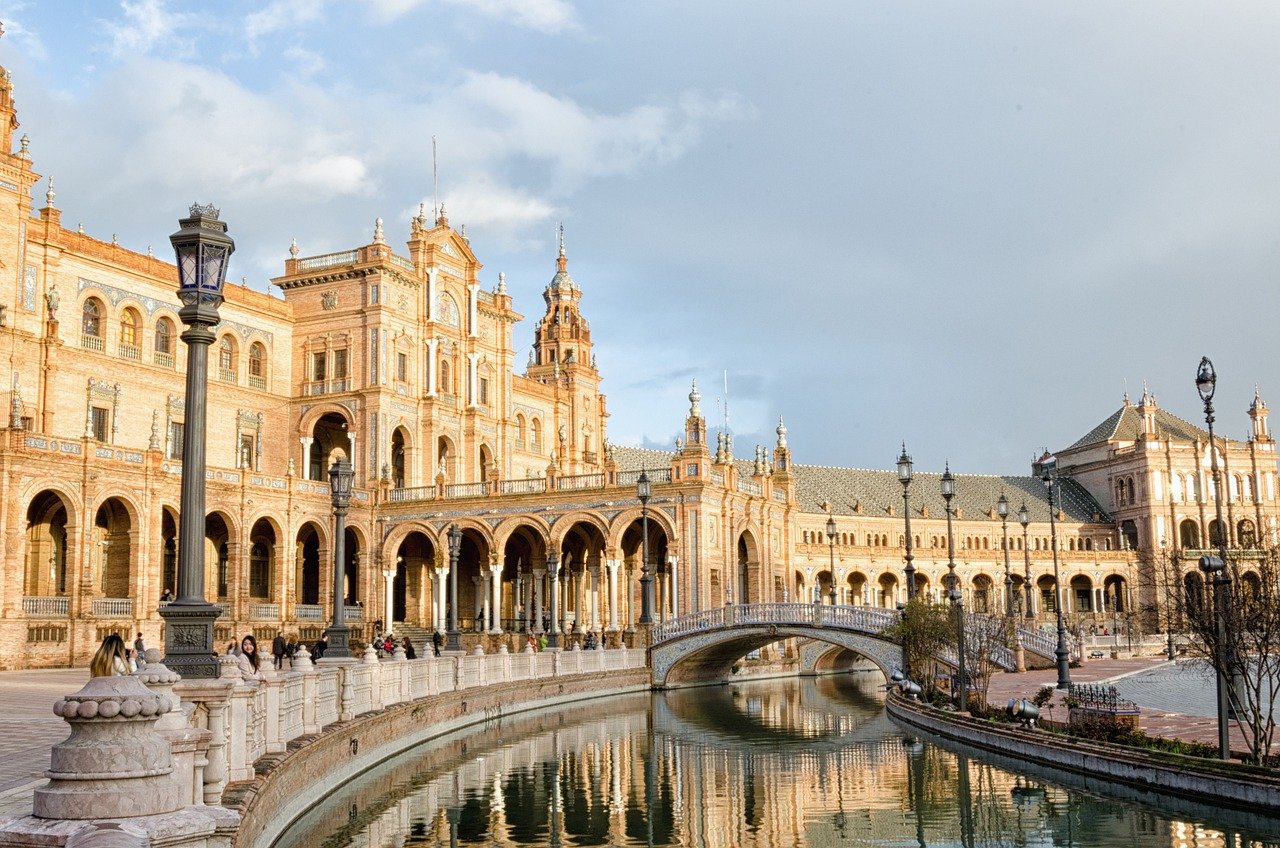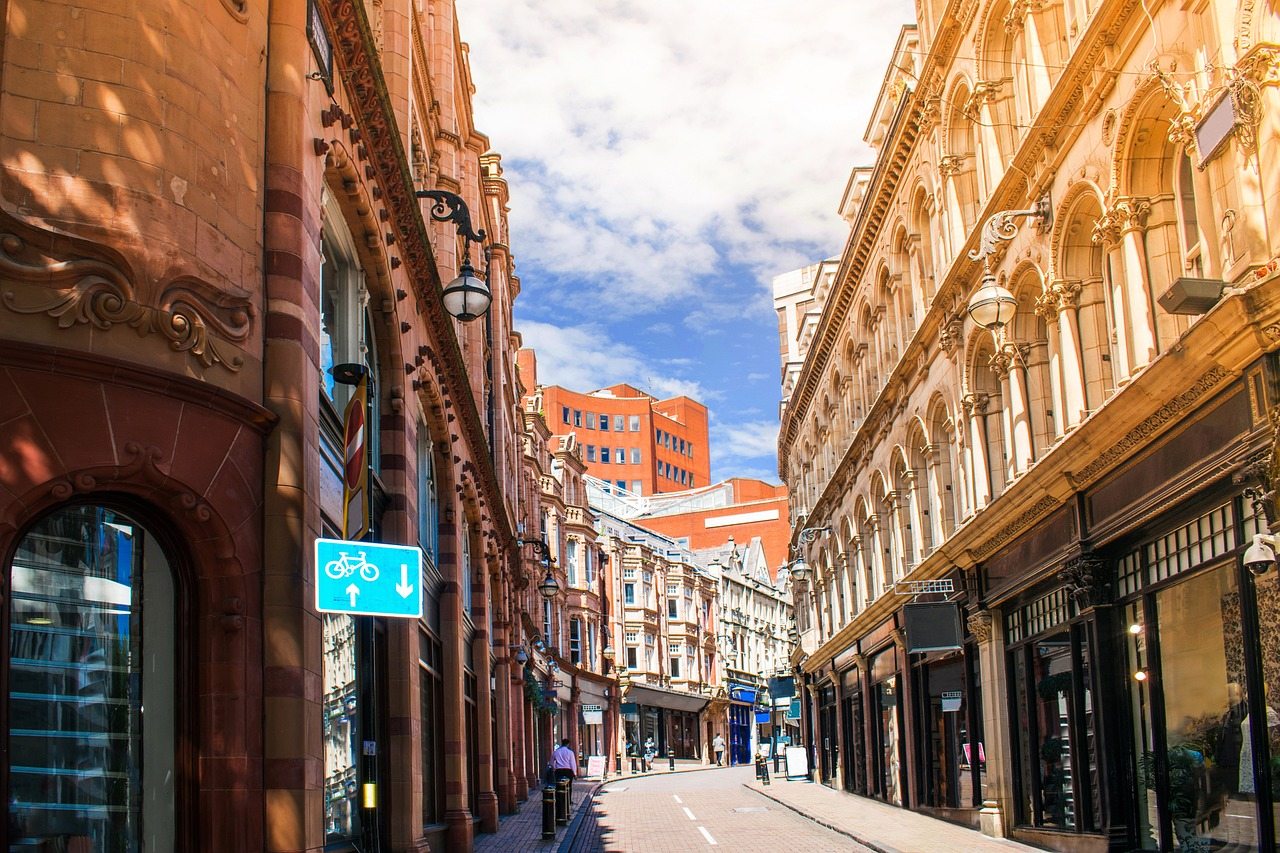Valencia weather is a topic of great interest to those who are planning to visit this beautiful Spanish city. Located on the east coast of the Iberian Peninsula, Valencia has a Mediterranean climate, which means that it has mild winters and hot summers. This makes it a popular destination for tourists all year round, but there are certain times of the year that are better for visiting than others.
One of the most striking features of Valencia weather is its mild winters. While other parts of Spain can get quite cold during the winter months, Valencia tends to remain relatively warm. The average low temperature in January, for example, is around 8°C (46°F), and the average high temperature is around 16°C (61°F). This means that visitors can still enjoy the city’s many attractions and outdoor activities without having to bundle up in heavy coats and scarves.
Another feature of Valencia weather that is worth noting is its hot summers. While the rest of Spain can be quite hot during the summer months, Valencia can be particularly scorching. The average high temperature in August, for example, is around 33°C (91°F), and the average low temperature is around 24°C (75°F). This can make it challenging for visitors to stay cool and comfortable, but there are plenty of ways to beat the heat, such as by staying indoors during the hottest part of the day or by visiting one of the city’s many parks and gardens.
Lastly, Valencia weather also features a significant amount of rainfall, especially during the months of October through April. The average rainfall in these months ranges from 10-20%. This can make it a bit challenging for visitors to plan their activities, but it is also a perfect time for indoor activities such as visiting museums, and shopping centers.
| Month | Low (°C) | High (°C) | Low (°F) | High (°F) | Rain (%) |
|---|---|---|---|---|---|
| January | 8 | 16 | 46 | 61 | 10 |
| February | 9 | 17 | 48 | 63 | 10 |
| March | 11 | 19 | 52 | 66 | 10 |
| April | 12 | 20 | 54 | 68 | 15 |
| May | 15 | 24 | 59 | 75 | 15 |
| June | 18 | 28 | 64 | 82 | 10 |
| July | 20 | 31 | 68 | 88 | 10 |
| August | 24 | 33 | 75 | 91 | 10 |
| 22 | 29 | 72 | 84 | 10 | |
| October | 18 | 24 | 64 | 75 | 15 |
| November | 13 | 19 | 55 | 66 | 20 |
| December | 9 | 16 | 48 | 61 | 20 |
When it comes to deciding the best time to visit Valencia, it really depends on what you’re looking for in a vacation. If you’re looking for warm weather and the opportunity to enjoy the city’s many outdoor activities, then the summer months of June, July, and August are probably the best time to visit. However, it’s important to keep in mind that it can get quite hot during these months, so you’ll want to make sure to stay hydrated and take advantage of the many shade trees and other cooling spots throughout the city.
On the other hand, if you’re looking for mild weather and the chance to enjoy Valencia’s many indoor attractions, then the spring and fall months of April, May, September, and October might be a better choice. During these months, the weather is still pleasant enough to enjoy the city’s outdoor spaces, but it’s not so hot that you’ll be uncomfortable. Additionally, the fall months can be a great time to visit if you’re interested in seeing the city’s famous Fallas festival.
Another option to consider is visiting Valencia during the winter months of December, January, and February. While the temperatures can be a bit cooler during these months, the city is still relatively mild compared to other parts of Spain, and there are still plenty of things to do and see. Additionally, the city is beautifully decorated for the holidays, making it a great time to visit if you’re looking for a festive and festive atmosphere.
Ultimately, the best time to visit Valencia depends on your personal preferences and what you’re looking to get out of your vacation. Whether you’re looking to soak up the sun, enjoy the city’s many indoor attractions, or experience one of its many festivals and events, there’s sure to be a time of year that’s perfect for you.
In conclusion, Valencia weather is a unique feature that makes it a perfect destination all year round. The Mediterranean climate provides the city with mild winters and hot summers, making it a popular destination all year round. But depending on your preferences, there are certain times of the year that are better for visiting than others. The table provided above will give you an idea of what to expect during different months of the year, and ultimately, the best time to visit Valencia will depend on what you’re looking for in a vacation.



